Scientists have made a new breakthrough in the treatment of type 1 diabetes.
For the first time in the world , a patient has been able to produce insulin again after receiving a transplant of genetically modified pancreatic islet cells.
According to research published in the New England Journal of Medicine, a team of American and Swedish scientists used the gene editing tool CRISPR to make three key changes before transplanting cells.
Two of these edits reduce antigen expression, making it harder for the immune system to recognize and attack foreign cells, and the other edit increases the production of the CD47 protein, which acts as a “shield” to protect cells against innate immune responses.
Thanks to that, for the first time, patients do not need to take immunosuppressants - which has always been a major barrier in cell or organ transplants.
The patient in the study was a 42-year-old man with type 1 diabetes since childhood. He received islet cells from a healthy donor and injected into his forearm muscle.
Results showed that after just 12 weeks, the genetically modified cells began producing natural insulin to regulate blood sugar after meals. This is the first time a type 1 diabetic patient has been able to balance blood sugar without external insulin injections.
Researchers stressed that this success is not only a hope for millions of people with type 1 diabetes worldwide, but also opens up the prospect of widespread application in cell and organ transplantation to treat many other diseases./.
Source: https://www.vietnamplus.vn/buoc-dot-pha-moi-trong-dieu-tri-benh-tieu-duong-tuyp-1-post1056834.vnp






![[Photo] Prime Minister Pham Minh Chinh chairs the conference to review the 2024-2025 school year and deploy tasks for the 2025-2026 school year.](https://vphoto.vietnam.vn/thumb/1200x675/vietnam/resource/IMAGE/2025/8/22/2ca5ed79ce6a46a1ac7706a42cefafae)
![[Photo] President Luong Cuong receives delegation of the Youth Committee of the Liberal Democratic Party of Japan](https://vphoto.vietnam.vn/thumb/1200x675/vietnam/resource/IMAGE/2025/8/22/2632d7f5cf4f4a8e90ce5f5e1989194a)



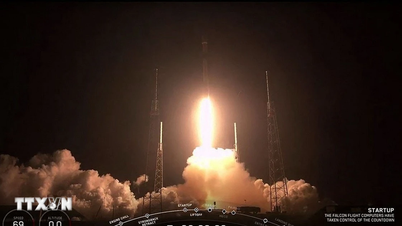
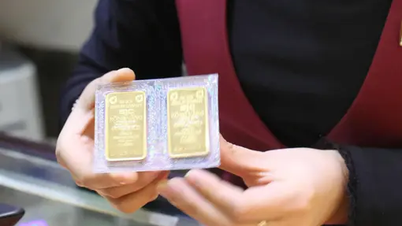

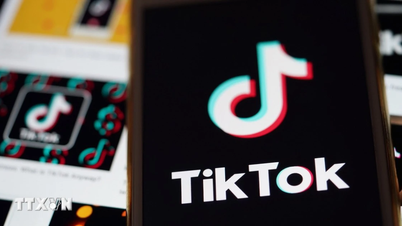
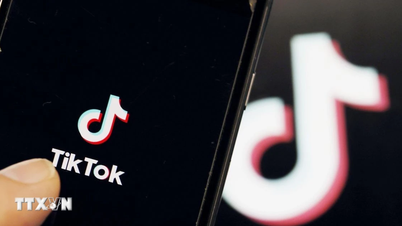









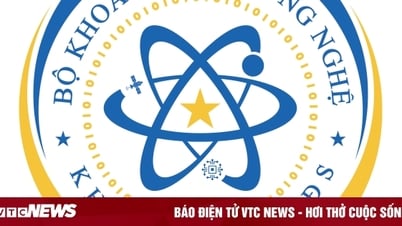










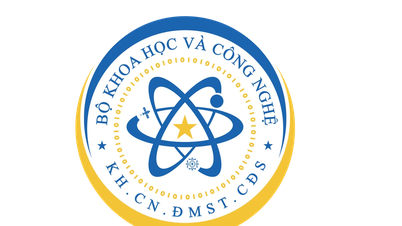









































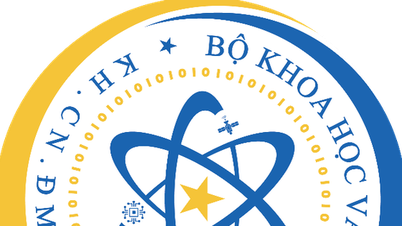

























Comment (0)